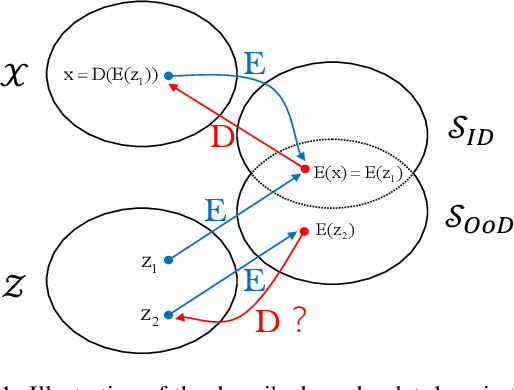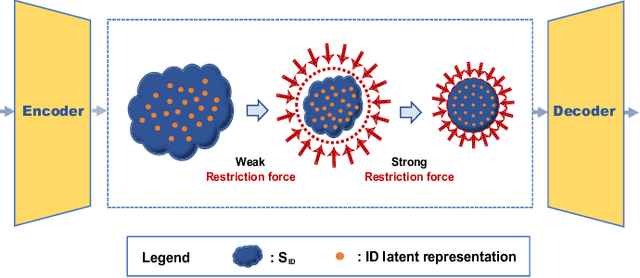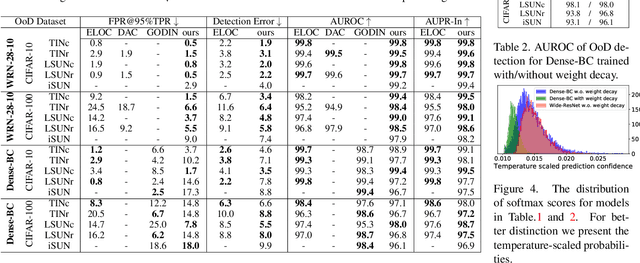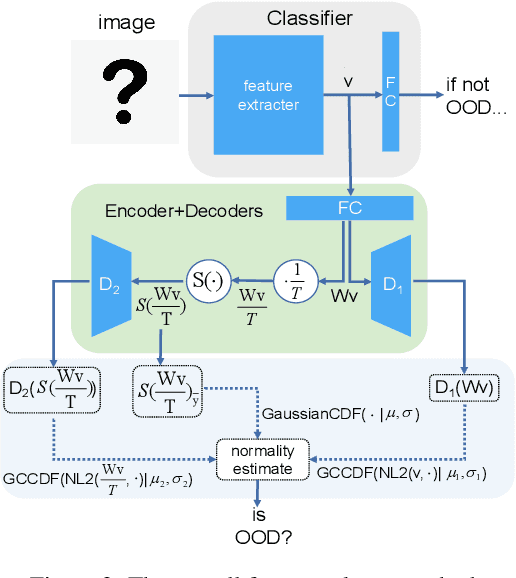Rethinking Reconstruction Autoencoder-Based Out-of-Distribution Detection
Paper and Code
Apr 13, 2022



In some scenarios, classifier requires detecting out-of-distribution samples far from its training data. With desirable characteristics, reconstruction autoencoder-based methods deal with this problem by using input reconstruction error as a metric of novelty vs. normality. We formulate the essence of such approach as a quadruplet domain translation with an intrinsic bias to only query for a proxy of conditional data uncertainty. Accordingly, an improvement direction is formalized as maximumly compressing the autoencoder's latent space while ensuring its reconstructive power for acting as a described domain translator. From it, strategies are introduced including semantic reconstruction, data certainty decomposition and normalized L2 distance to substantially improve original methods, which together establish state-of-the-art performance on various benchmarks, e.g., the FPR@95%TPR of CIFAR-100 vs. TinyImagenet-crop on Wide-ResNet is 0.2%. Importantly, our method works without any additional data, hard-to-implement structure, time-consuming pipeline, and even harming the classification accuracy of known classes.
 Add to Chrome
Add to Chrome Add to Firefox
Add to Firefox Add to Edge
Add to Edge